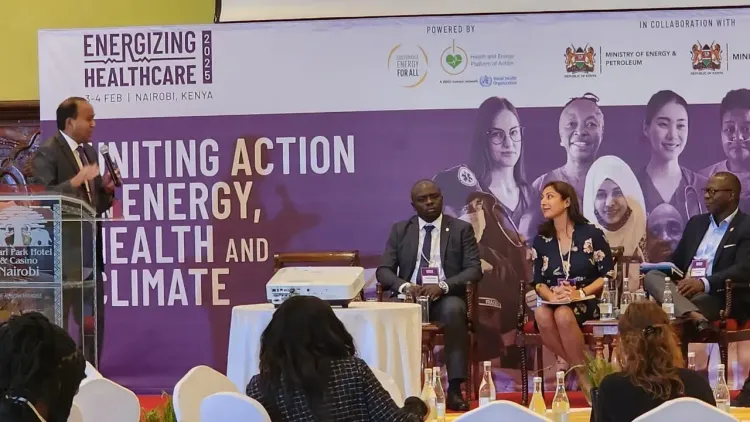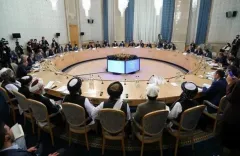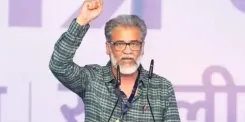Kenyan Summit Advocates for Electrifying Africa's Health Facilities to Alleviate Disease Challenges

Synopsis
Key Takeaways
- Reliable power is crucial for healthcare in Africa.
- Electrification can alleviate disease burdens.
- Collaboration with international partners is essential.
- Renewable energy can enhance healthcare services.
- Investment in clean energy is a priority for health facilities.
Nairobi, Feb 3 (NationPress) Connecting a significant number of health facilities across Africa to reliable electricity should be a top priority in order to improve the continent's ability to address its escalating disease challenges, attendees at a forum in Nairobi, Kenya's capital, discussed on Monday.
High-ranking policymakers, specialists, investors, activists, and innovators are participating in the Energizing Healthcare 2025 summit, which is taking place from Monday to Tuesday. This summit aims to outline a new strategy for bolstering the resilience and efficiency of Africa's healthcare systems through electrification.
The two-day event has been organized by Kenya's Ministries of Health and Energy in collaboration with global partners such as Sustainable Energy for All, an international environmental advocacy group, and the Health and Energy Platform of Action, supported by the World Health Organization (WHO).
Stephen Nzioka, the Director of Renewable Energy in Kenya's Ministry of Energy and Petroleum, indicated that electrifying healthcare facilities in isolated areas will be crucial to alleviating Africa's substantial disease burden, which has exacerbated poverty and inequality.
According to Nzioka, approximately 25,000 healthcare centers in Sub-Saharan Africa lack electricity, while an additional 70,000 experience unstable power supply.
"These significant gaps affect healthcare provision, limiting access to diagnostics, life-saving treatments, and medical services," Nzioka stated, highlighting the connection between energy access, climate resilience, and improved health outcomes on the continent.
Nzioka further noted that linking off-grid health facilities in Africa to renewable energy sources will be vital for maintaining routine immunization, motivating healthcare personnel, and improving the availability of crucial items like diagnostics and medications. He revealed that in Kenya, 26% of health facilities do not have an electricity connection, and only 15% enjoy a consistently reliable power supply, hindering progress toward universal health coverage.
Salvatore Vinci, the technical lead for Healthcare Facilities Electrification at WHO, stressed that investing in a dependable, clean, and stable power supply will be essential for delivering high-quality and affordable healthcare services across Africa, as reported by Xinhua news agency.
Vinci acknowledged the continent's rich clean energy resources, such as solar and wind, which could be utilized to connect off-grid health facilities that are facing a surge in patients with infectious diseases.
"We must leverage decentralized solar systems that are reliable, climate-resilient, and cost-effective," Vinci urged, advocating for action on the policy, funding, and capacity challenges that have impeded the adoption of clean energy in Africa's health sector.









